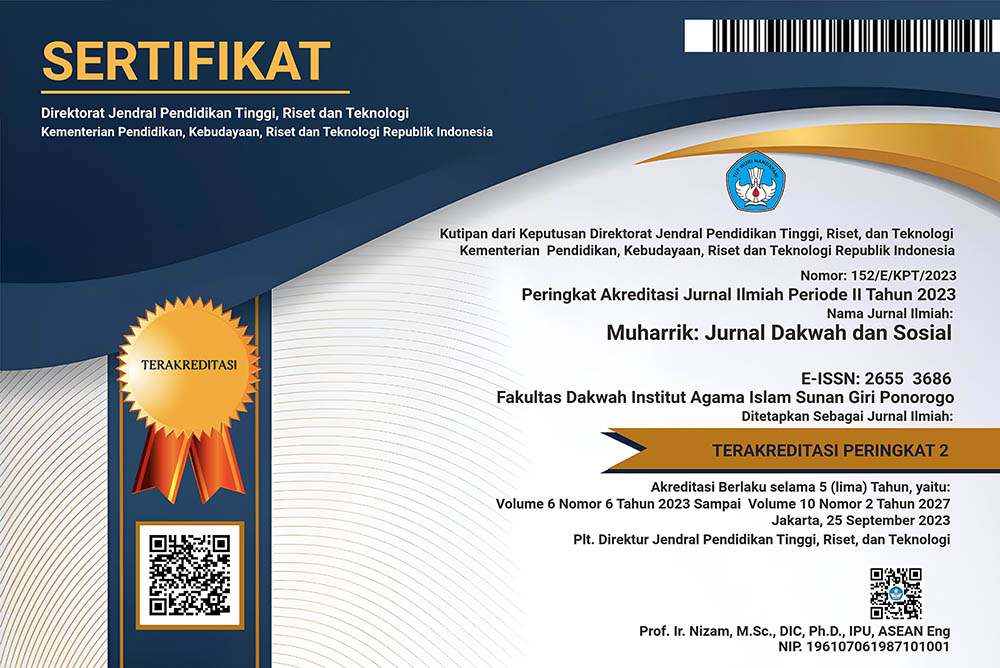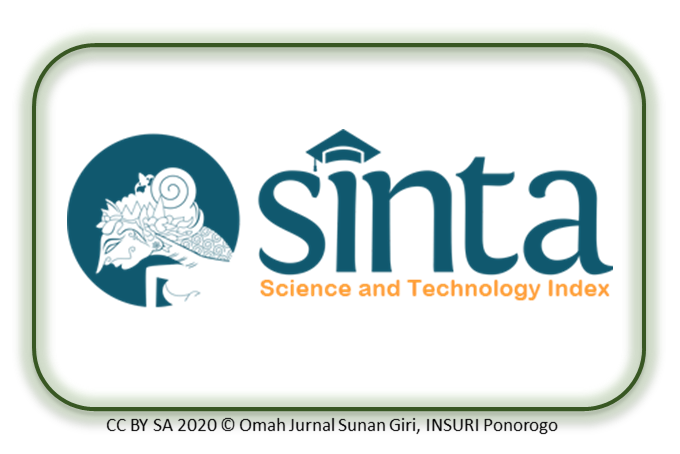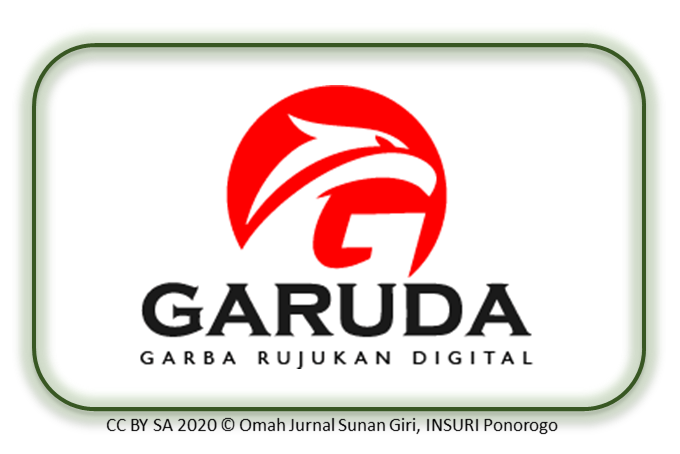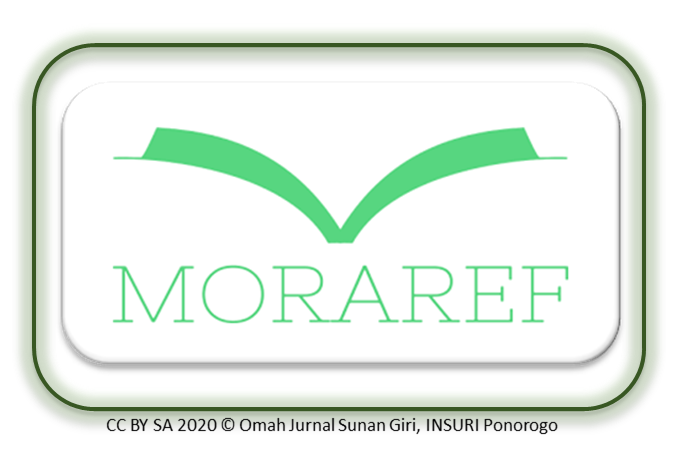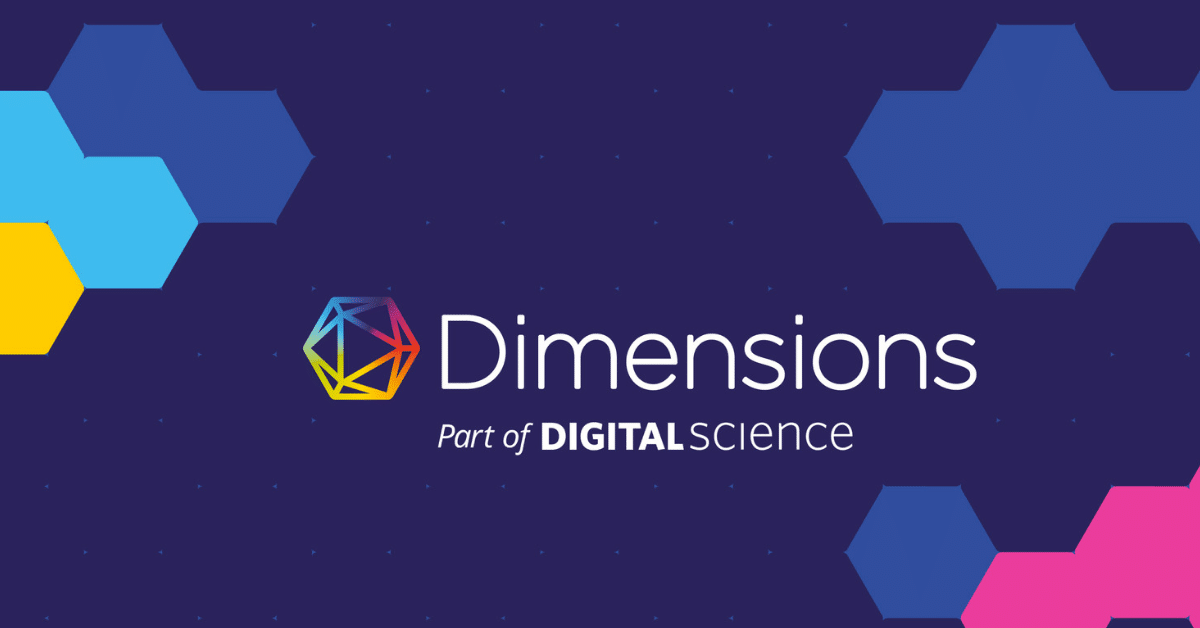Promoting Religious Moderation through Da’wah: The Role of Indonesian Police in Managing Radical Groups
Keywords:
Religious Moderation, Police Community Collaboration, Social Harmony, Counter Radicalism StrategyAbstract
The study examines the evolving role of the Indonesian police in managing radical groups in the post-Reformation era, focusing on a partnership-based approach to promote religious moderation in a pluralistic society. Employing a qualitative method, it gathers insights from Focus Group Discussions (FGDs) with 45 participants, including police officers and religious and community leaders from three diverse provinces—West Java, South Sulawesi, and West Nusa Tenggara. The findings highlight the police's strategic role in balancing security measures with fostering religious harmony, contributing to a nuanced understanding of counter-radicalism efforts in Indonesia's democratic context. A thematic analysis framework was employed to identify key patterns in the FGD data through systematic coding, theme grouping, and result interpretation to derive in-depth insights into police strategies. The findings reveal that police strategies involve close collaboration with religious institutions, civil society organizations, and local community leaders, such as in West Java, focusing on interfaith dialogues with local clerics; in South Sulawesi, supporting educational programs emphasizing religious moderation; and in West Nusa Tenggara, leveraging partnerships with traditional communities for a cultural approach to deradicalization. This strategy effectively builds community trust and reduces radicalization potential while emphasizing the importance of integrating religious moderation principles into police operations, regulatory support, and community involvement to create a sustainable approach to addressing radicalism in Indonesia.
Downloads
Published
Issue
Section
License
The author(s) retain/s the copyright and grant/s Muharrik: Jurnal Dakwah dan Sosial the first publication rights licensed under the Creative Commons Attribution-NonCommercial 4.0 International (CC BY-NC 4.0) , which allows others to access (search, read, download and quote), share (copy and redistribute the material in any media or format) and adapt (mix, modify and develop) works for legitimate non-commercial purposes, with recognition of the authorship of the work and its initial publication in this journal.

